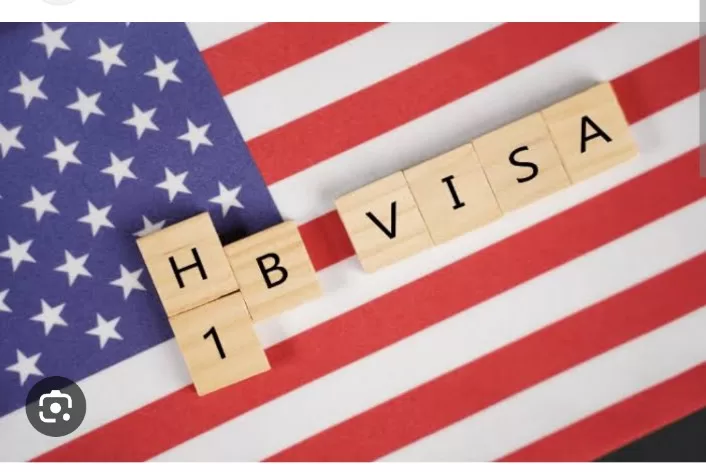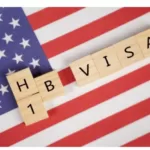In response to challenges posed by changes to the H-1B visa program in the United States, thousands of highly skilled international workers are shifting their focus to Canada for job opportunities. The alterations to the H-1B program, implemented under former President Donald Trump, have led skilled workers to explore alternative prospects.
Annie Beaudoin, a former Canadian immigration officer, highlights the vulnerability of highly educated foreign nationals in the U.S. due to challenges imposed by employers. The United States Citizenship and Immigration Services received an overwhelming 758,994 eligible requests for the H-1B program, but only 188,400 applicants were selected in the final draw, reflecting the program’s increased competitiveness.
Seizing the opportunity, Canada’s H-1B visa program closed within 48 hours after reaching its 10,000-application limit. Starting July 16, 2023, holders of H-1B visas in the U.S. and their immediate family members can apply to work in Canada. Successful applicants will receive an open work permit for up to three years, providing flexibility to work for any employer across the country.
The U.S. H-1B visa program has faced scrutiny and measures by the Department of Homeland Security, including fraud investigations and law enforcement referrals. The shift of skilled workers to Canada signals a potential reevaluation of immigration policies in both the U.S. and abroad.







